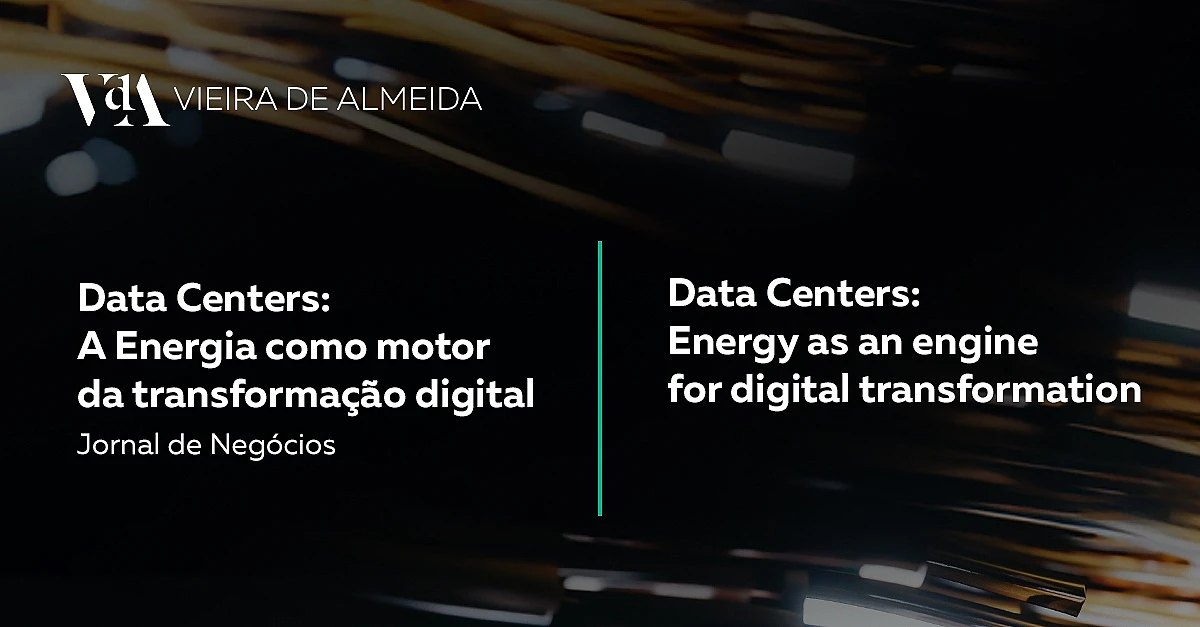Ana Luís de Sousa signs an opinion piece in Jornal de Negócios highlighting the central role of energy in the viability and competitiveness of data centres, at a time when Portugal is positioning itself as a potential digital hub for Europe. “Energy is now a strategic pillar for the development and competitiveness of data centres,” she writes.
She emphasises that the country offers unique conditions to attract major technological infrastructures — such as access to renewable energy, a network of submarine cables, a qualified workforce and competitive costs — but warns of persistent structural challenges, namely access to the electricity grid and the absence of a dedicated legal framework.
“Energy is no longer merely an operational input, but a determining factor in the viability, competitiveness and sustainability of these projects,” she states, adding that electricity consumption by AI-optimised data centres could more than quadruple by 2030.
While recognising some progress — including incentives for projects deemed to be of national interest and state aid for Portuguese industries covered by the Electrointensive Customer Statute — she argues for more robust measures. “There is still a lack of clarity regarding the incentives to be granted for the implementation of data centres, whose viability will largely depend on electricity costs,” she warns.
She concludes that the path has been mapped out, but action is needed: “Establishing ourselves as a key pillar of the European digital economy depends solely on acting strategically and promoting the conditions for effective, predictable, competitive and sustainable access to renewable energy sources.”
- This article is available in the 3 July edition of Jornal de Negócios.
